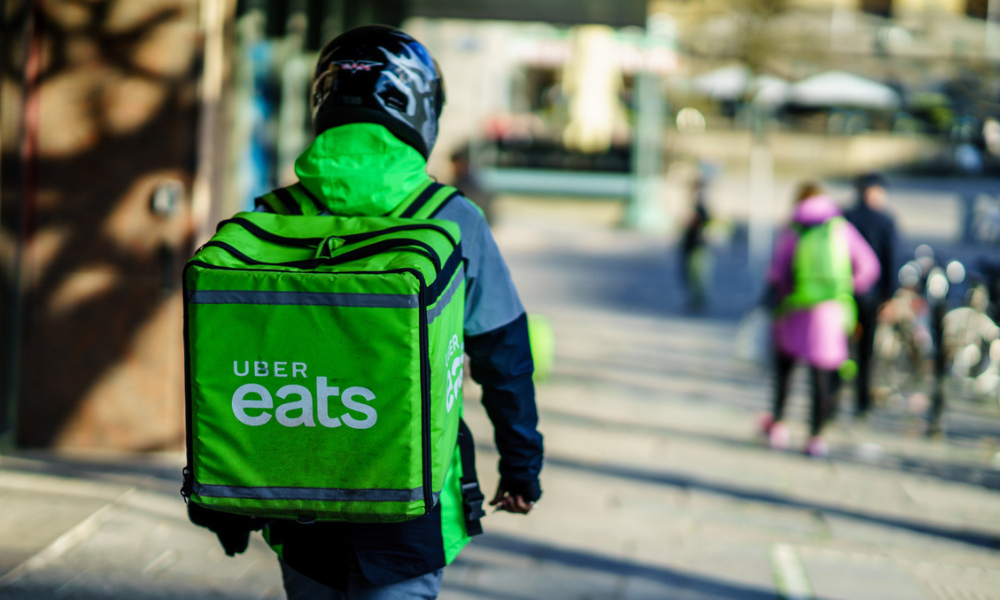
Uber says it will 'work collaboratively with industry and the New Zealand government'

Uber drivers across New Zealand are initiating their first-ever collective bargaining agreement with the service- and ride-hailing giant in a bid to hike wages and improve working conditions.
FIRST Union confirmed in a statement this week that "hundreds of Uber drivers who have unionised" initiated the bargaining.
"Drivers want to increase our pay, improve health and safety for us and our passengers, and have more of a say in how the Uber system affects us and our families," said Bill Rama, an Uber driver and FIRST Union delegate.
Rama claimed that drivers are paid on average “less than the minimum wage and only for about 50% of the hours" they work, and that company "takes no responsibility for the safety" of its riders.
The push for a collective bargaining agreement comes after the New Zealand Employment Court issued a landmark ruling in 2022 that declared four drivers as Uber employees and are entitled to rights such as minimum wage, holiday pay, sick leave entitlements, and KiwiSaver contributions.
According to FIRST Union, the ruling also confirms drivers' rights to unionise and bargain collectively.
The collective bargaining agreement between Uber and its drivers will be the first where Uber need to "work constructively with drivers to reach mutual agreement on pay and conditions," according to Anita Rosentreter, FIRST Union strategic project coordinator, in a statement.
"Collective bargaining is the most effective mechanism to increase workers' wages and improve conditions on the job, and Uber drivers will finally have a united voice and a means to negotiate," Rosentreter said.
Employers in New Zealand are obligated to engage in bargaining initiated by unions, according to Employment NZ.
In a statement, Uber NZ general manager Emma Foley told Stuff that they will "continue to work collaboratively with industry and the New Zealand government throughout the contractor policy reform process."
"Kiwi drivers consistently tell us that the flexibility that comes with driving with Uber is what they value most, and we will continue to advocate to protect that flexibility," Foley told Stuff.
Uber's 2021 Economic Impact Report revealed that 90% of its driver and delivery partners cite schedule flexibility is important for them, and as reason for choosing to work with Uber and Uber Eats.
The company has over 6,000 driver partners as of 2021, according to a report from the New Zealand Herald.